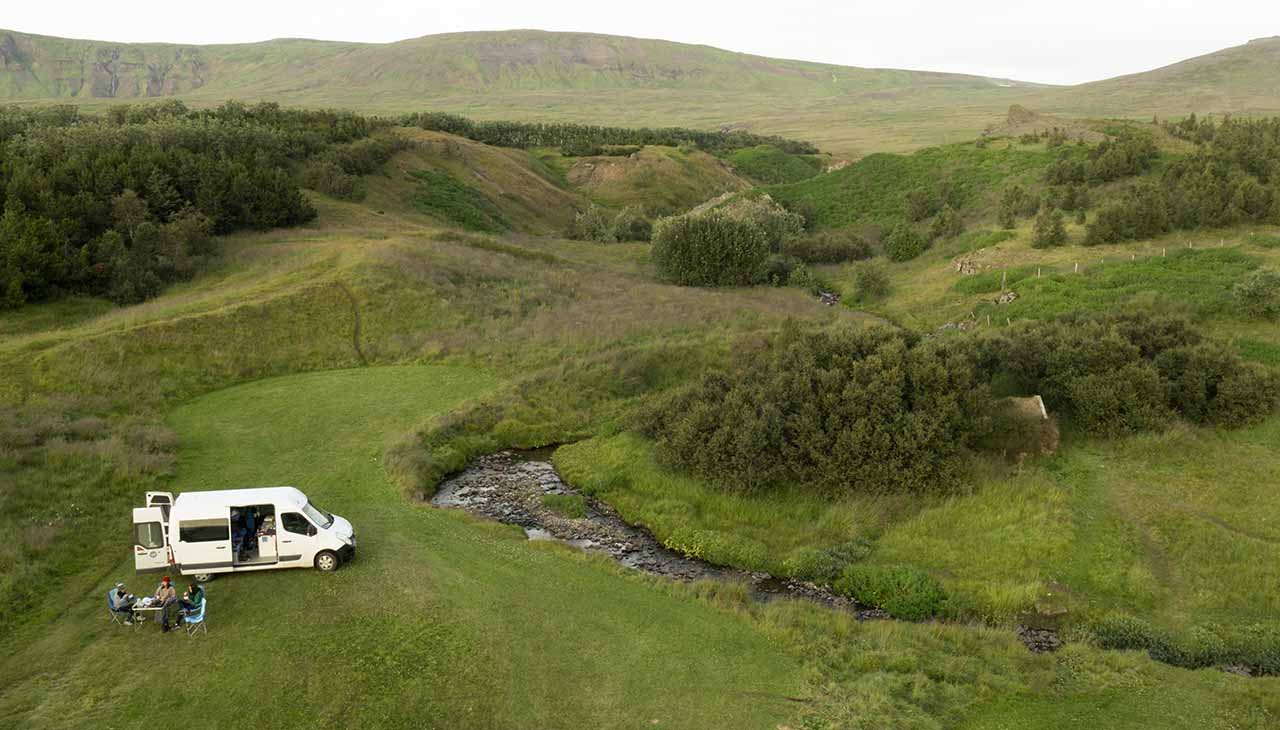Introduction to the Appeal of Diesel Motorhomes
Diesel motorhomes have long been favored by RV enthusiasts for their durability, fuel efficiency, and power. These motorhomes are built to handle long journeys with ease, making them an excellent choice for those who love the open road. However, purchasing a brand-new diesel motorhome can be a significant investment. That’s why many savvy buyers opt for used models, which offer the same benefits at a fraction of the cost. But before you jump into a purchase, there are critical questions you need to ask to ensure you’re making a wise investment.
Key Advantages and Considerations of Buying a Used Diesel Motorhome
Buying a used diesel motorhome comes with several advantages:
- Cost Savings: Used motorhomes are generally more affordable than their new counterparts.
- Depreciation: Motorhomes depreciate quickly in the first few years. By buying used, you avoid the steepest part of this depreciation curve.
- Upgrades: Many used motorhomes come with upgrades installed by previous owners, saving you time and money on modifications.
However, it’s crucial to consider the potential downsides as well. Used motorhomes may require more maintenance and repairs. Therefore, understanding the vehicle’s history and current condition is essential.
Top Questions to Ask the Seller Before Making a Purchase
1. Mileage and Maintenance History
One of the first things you should ask about is the motorhome’s mileage and maintenance history. Higher mileage isn’t necessarily a deal-breaker, but it does mean more wear and tear. Ask for detailed records to understand how well the vehicle has been maintained.
- Key Questions:
- What is the current mileage?
- Can you provide maintenance records?
- How often was the vehicle serviced?
2. Engine and Transmission Condition
The engine and transmission are the heart of any motorhome. Ensuring they are in good condition is crucial.
- Key Questions:
- Have there been any major repairs or replacements?
- Are there any known issues with the engine or transmission?
- When was the last time the engine and transmission were inspected?
3. Previous Travel and Any Known Issues
Understanding how the motorhome was used can give you insights into its condition.
- Key Questions:
- What type of trips did the motorhome mostly undertake (short trips vs. long hauls)?
- Are there any known issues or recurring problems?
- Has the motorhome been involved in any accidents?
4. Upgrades and Modifications
Many RV owners customize their vehicles. While some upgrades can add value, others might complicate maintenance.
- Key Questions:
- What upgrades or modifications have been made?
- Were these upgrades professionally installed?
- Are the original parts available if needed?
5. Warranty, Return Policy, and Inspection Options
Protect your investment by understanding the seller’s policies.
- Key Questions:
- Is there any remaining warranty on the vehicle?
- What is the return policy if the motorhome doesn’t meet expectations?
- Can I have the motorhome inspected by a third party before purchasing?
Essential Pre-Purchase Checks Every Buyer Should Perform
Before finalizing your purchase, there are several checks you should conduct:
- Exterior Inspection: Look for signs of damage, rust, or leaks.
- Interior Inspection: Check the condition of appliances, plumbing, and electrical systems.
- Test Drive: Ensure the motorhome drives smoothly and listen for any unusual noises.
- Professional Inspection: Hire a certified mechanic to perform a thorough inspection.
Tips for Negotiating the Best Deal
Negotiating is a critical skill when buying a used diesel motorhome. Here are some tips to help you get the best deal:
- Do Your Research: Know the market value of the motorhome model you’re interested in.
- Identify Issues: Use any issues or needed repairs as leverage in negotiations.
- Be Prepared to Walk Away: If the seller isn’t willing to negotiate, be ready to walk away. There are plenty of options available.
Conclusion and Resource Guide for Buying a Used Diesel Motorhome
Purchasing a used diesel motorhome can be a highly rewarding investment, provided you take the necessary precautions and ask the right questions. By thoroughly investigating the vehicle’s history, condition, and any modifications, you can make an informed decision that meets your needs and budget. Remember to conduct a detailed inspection, both personally and with the help of a professional, to identify any potential issues before they become costly problems. Armed with the information from this guide, you’ll be well-equipped to negotiate a fair price and secure a reliable vehicle for your adventures.

